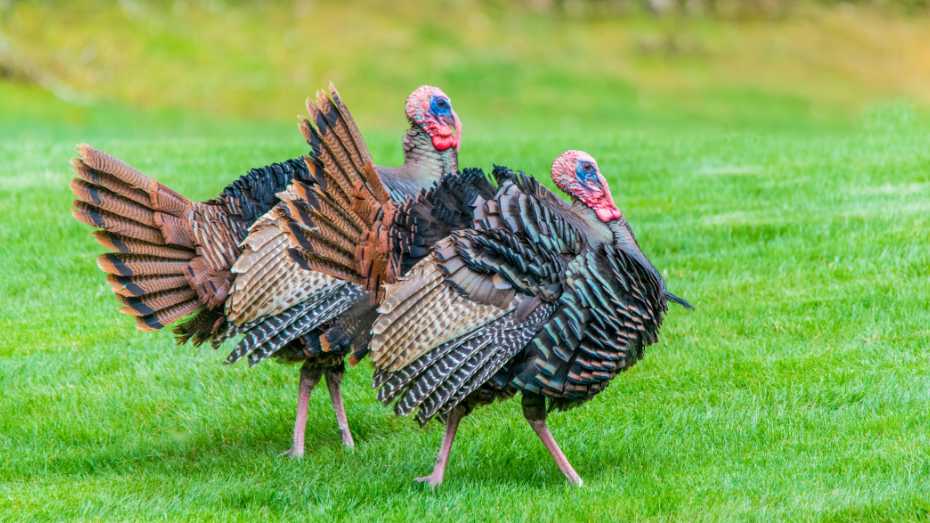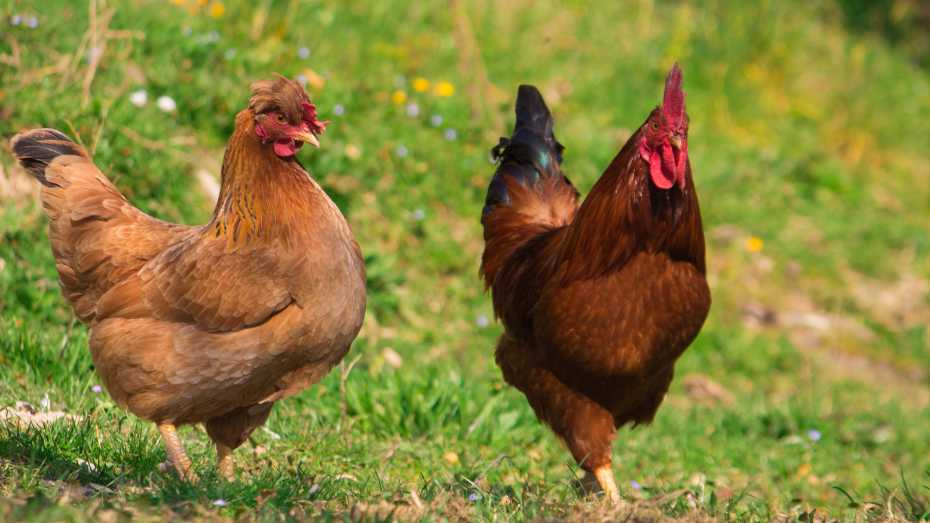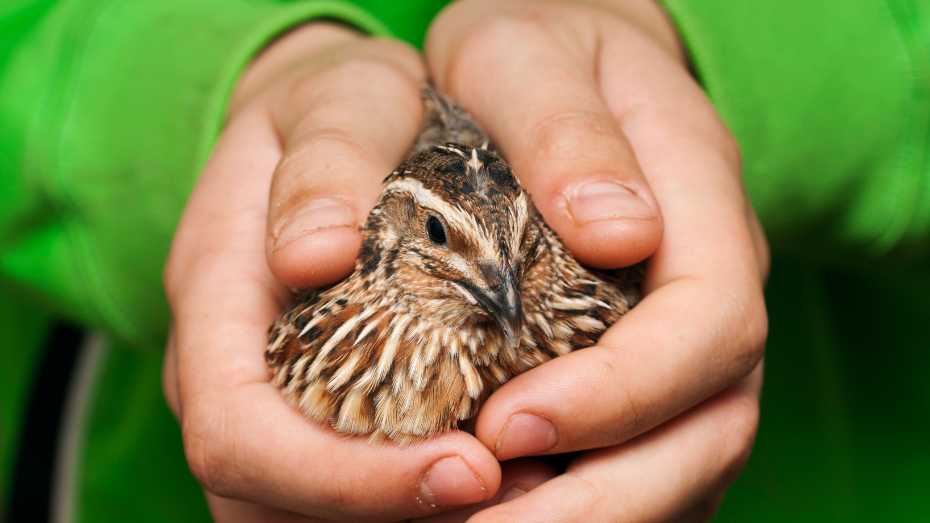If you’ve ever dreamt of raising turkeys in your backyard, you’re not alone. Many people are drawn to the idea of having these fascinating and friendly birds as part of their homestead. However, successful turkey-raising requires knowledge and dedication. In this comprehensive guide, we’ll take you through the entire process, from selecting the right breed to ensuring their health and happiness.
Introduction
Raising turkeys in your backyard can be a rewarding and enjoyable experience. Turkeys are not only a source of delicious, homegrown meat, but they also make charming and entertaining pets. To help you get started on your journey to turkey ownership, we’ve compiled a detailed guide that covers all aspects of turkey care and management.
So, whether you’re a seasoned farmer or a newbie to poultry-keeping, read on to learn how to raise turkeys in your backyard successfully.
Selecting the Right Breed
When it comes to raising turkeys, choosing the right breed is a crucial first step. Different turkey breeds have varying characteristics and needs. Here are some popular turkey breeds to consider:
Heritage Breeds
- Narragansett Turkey: Known for its calm disposition and excellent meat quality.
- Bourbon Red Turkey: Recognized for its beautiful plumage and delicious meat.
- Royal Palm Turkey: Loved for its striking appearance and friendly nature.
Broad Breasted Breeds
- Broad Breasted White: Preferred for its rapid growth and ample meat production.
- Broad Breasted Bronze: Renowned for its meat quality and friendly temperament.
Remember to select a breed that suits your specific goals and the environment of your backyard.
Housing and Shelter
Turkeys require a safe and comfortable living space. Here’s what you need to know about creating the perfect turkey house:
Coop Setup
Your turkey coop should be spacious, well-ventilated, and easy to clean. Make sure to provide at least 4 square feet of space per turkey.
Roosting Bars
Turkeys love to roost at night. Install roosting bars to keep them off the ground and safe from predators.
Feeding and Nutrition
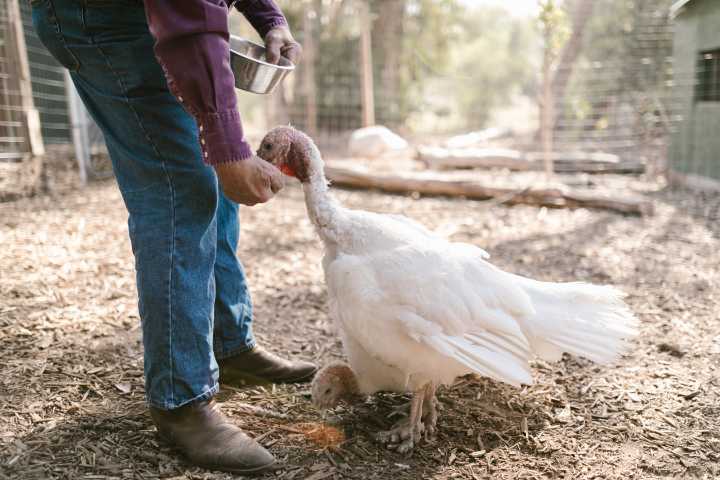
Proper nutrition is vital for your turkeys’ health and growth. Let’s delve into their dietary needs:
Turkey Chicks
- Starter Feed: Newborn poults require a high-protein starter feed (28-30% protein) for the first 8 weeks.
- Grower Feed: After 8 weeks, switch to grower feed (18-20% protein) until they reach maturity.
Adult Turkeys
- Turkey Pellets: For adult turkeys, use turkey pellets with 14-16% protein content.
- Supplement with Greens: Offer a mix of fresh greens, grains, and kitchen scraps.
Health and Care
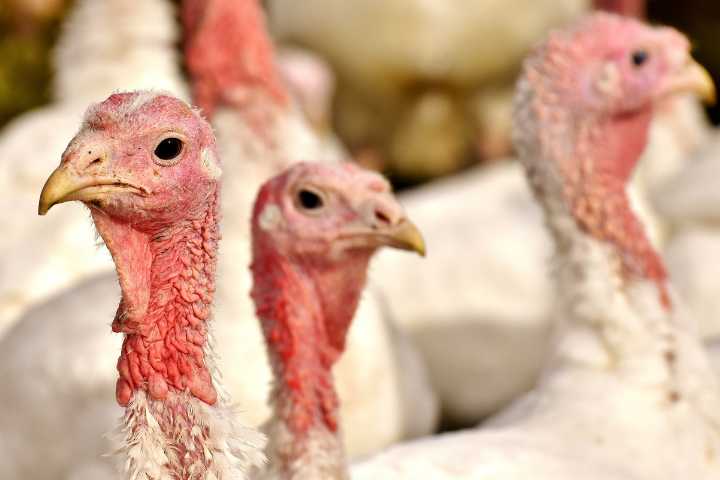
Keeping your turkeys healthy is of utmost importance. Follow these tips:
Disease Prevention
- Vaccinations: Ensure your turkeys receive the necessary vaccinations.
- Biosecurity: Implement strict biosecurity measures to prevent disease transmission.
Common Health Issues
- Respiratory Problems: Watch for signs of coughing or sneezing.
- Parasites: Regularly check for and treat internal and external parasites.
Breeding and Incubation
If you plan to expand your turkey flock, you’ll need to understand the breeding and incubation process:
Mating Season
Turkeys typically mate in the spring. Ensure that you have both hens and toms for successful breeding.
Incubation
- Collecting Eggs: Gather fertile eggs daily and store them at room temperature.
- Incubator Setup: Use a turkey egg incubator to maintain proper temperature and humidity.
How to Raise Turkeys in Your Backyard
Raising turkeys in your backyard is a fulfilling experience that can be summarized in a few key steps:
- Select the Right Breed: Choose a breed that matches your goals and environment.
- Provide Proper Housing: Create a comfortable and secure coop for your turkeys.
- Maintain a Healthy Diet: Ensure your turkeys receive appropriate nutrition.
- Prioritize Health: Stay vigilant to prevent and address health issues.
- Consider Breeding: If you wish to expand your flock, learn about turkey breeding.
FAQs
Your turkey coop should offer at least 4 square feet of space per turkey.
Turkeys in the wild consume a diet of insects, plants, and grains.
While they can fly for short distances, domesticated turkeys are not strong fliers.
Turkey eggs typically take 28 days to hatch when kept in the right conditions.
Domesticated turkeys can live up to 10 years with proper care.
Yes, turkeys need vaccinations to protect against common diseases.
Conclusion
Raising turkeys in your backyard is a fulfilling endeavor that offers the joys of fresh, homegrown turkey meat and the companionship of these unique birds. By following this comprehensive guide, you can ensure the health and happiness of your turkey flock. If you’re interested in Raising Ducks too, be sure to check out our article on that topic. So, start your turkey-raising journey today and enjoy the many benefits these feathered friends bring to your homestead.

